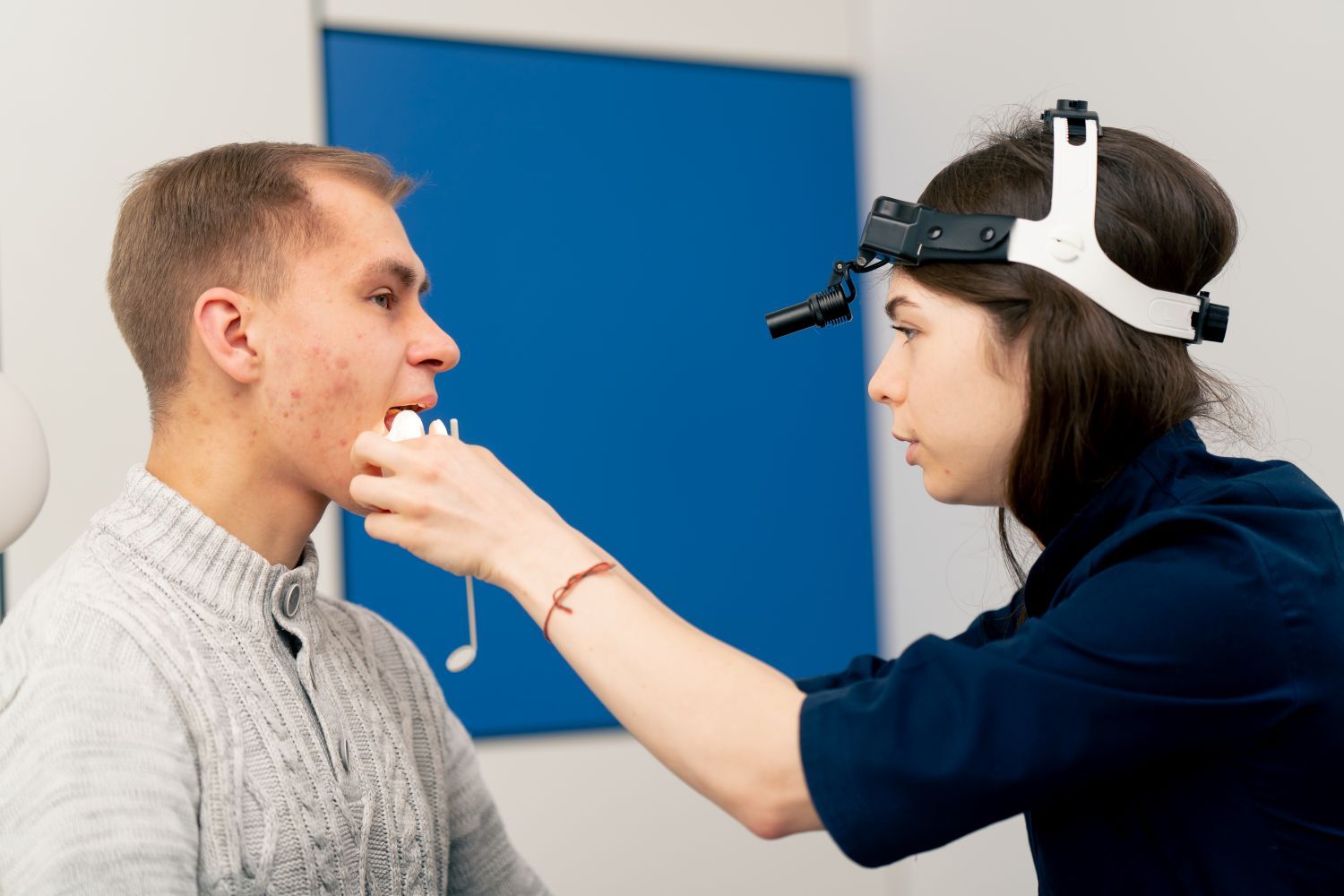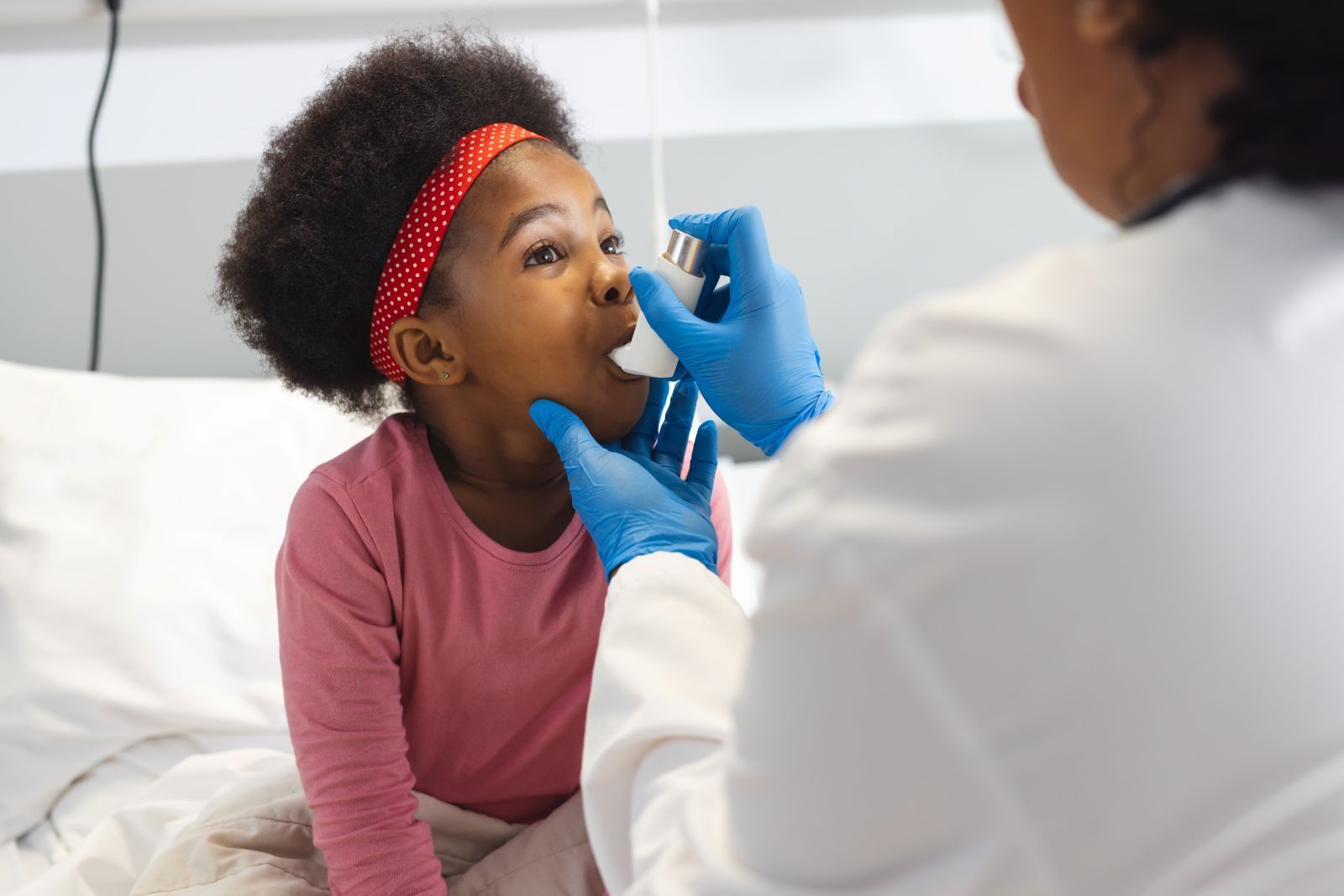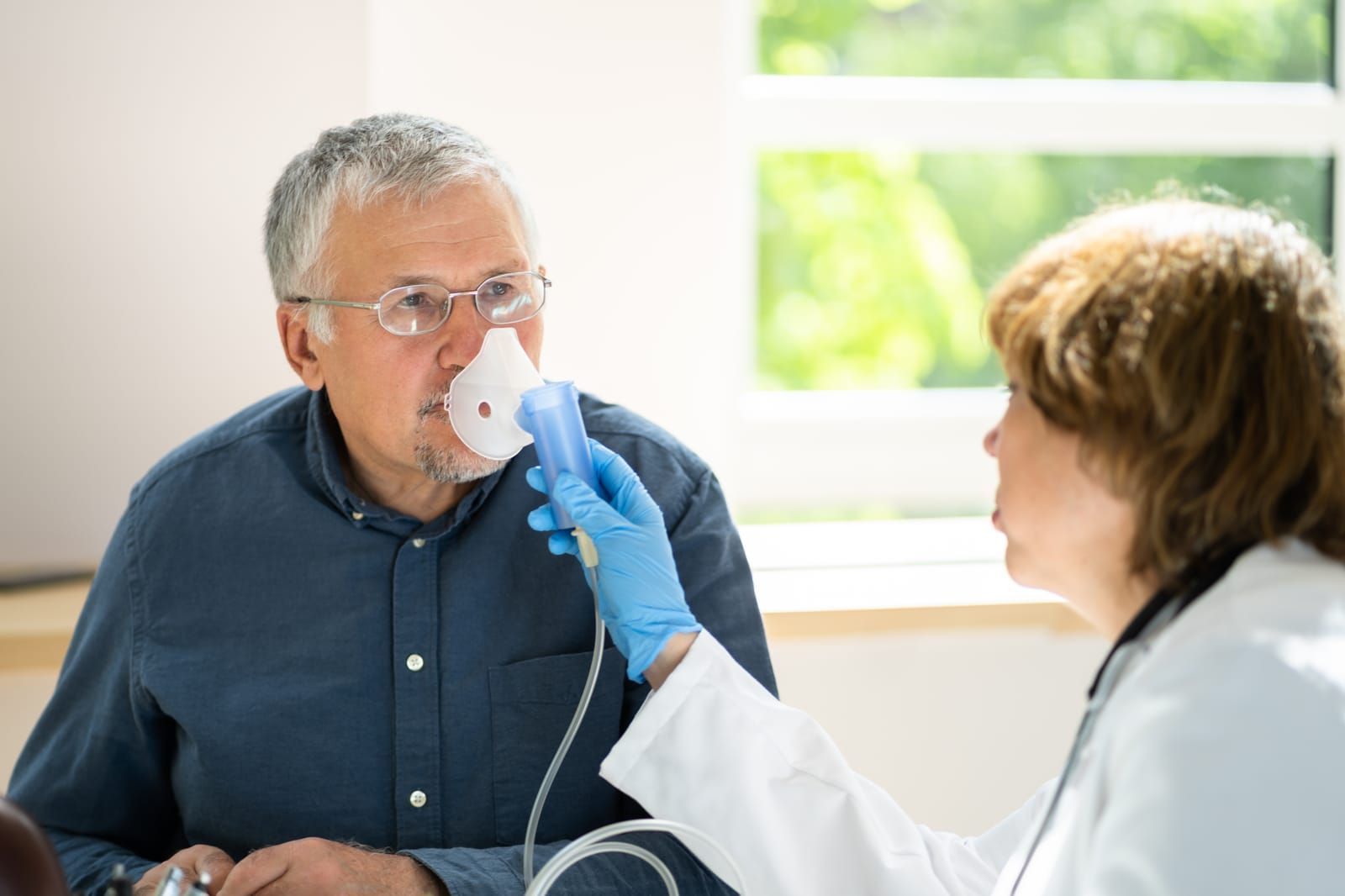Why the Snot Force Alliance KY Bourbon+Roses Symposium Is the Best Meeting in the World
Medical symposiums are essential for healthcare professionals to stay updated with the latest advancements and exchange knowledge. Among the multitude of conferences, the Snot Force Alliance KY Bourbon+Roses Symposium stands out as an exceptional event. With its unique combination of specialties, interactive case-based discussions, diverse attendees, and the added bonus of a bourbon distillery tour, this symposium offers an unparalleled experience for medical professionals.
Here’s why the KY Bourbon+Roses Sinus, Allergy, and Airway Symposium, presented by the Snot Force Alliance, is the best meeting in the world.
Involvement of Multiple Specialties
The Snot Force Alliance KY Bourbon+Roses Symposium is renowned for its inclusive approach, inviting a wide range of specialties including otolaryngologists, allergists, pulmonologists, and more. This multidisciplinary participation fosters collaboration and facilitates comprehensive patient care. By bringing together experts from various fields, attendees gain insights into different perspectives and learn about interdisciplinary approaches to common medical challenges.
Case-Based Panel Discussions
Traditional lectures can be informative, but the Snot Force Alliance Symposium takes the learning experience to a whole new level with case-based panel discussions. During these sessions, participants engage in interactive conversations and actively contribute their expertise to analyze and solve complex clinical cases. This format promotes critical thinking, enhances problem-solving skills, and encourages attendees to exchange ideas and best practices. It is an ideal platform for medical professionals to learn from one another and improve patient care collectively.
Inclusive Attendee Base
The symposium understands the importance of diversity in healthcare teams and, therefore, extends its invitation not only to physicians and surgeons but also to physician assistants (PAs) and nurse practitioners (NPs). This inclusive approach reflects the collaborative nature of modern healthcare and recognizes the valuable contributions made by these healthcare professionals. By bringing together a diverse group of attendees, the symposium creates an enriching environment for networking, mentorship, and knowledge sharing.
Saturday Afternoon Bourbon Distillery Tour
While the symposium focuses on professional development and medical education, it also understands the significance of relaxation and creating memorable experiences. The Saturday afternoon bourbon distillery tour is a unique feature that sets the Snot Force Alliance KY Bourbon+Roses Symposium apart. This exclusive opportunity allows attendees to explore Kentucky's rich bourbon heritage, indulge in tasting sessions, and appreciate the craftsmanship behind this beloved spirit. The tour provides a perfect blend of education and leisure, fostering camaraderie among participants in a relaxed setting.
Experience the Unforgettable: Join the KY Bourbon+Roses Sinus, Allergy, and Airway Symposium in 2023!
The 2023 KY Bourbon+Roses Sinus, Allergy, and Airway Symposium in Louisville, KY, is a must-attend event for medical professionals interested in expanding their knowledge and skills in the field. By combining professional development, networking, and leisure, this symposium creates an unparalleled experience for medical professionals.
Whether you are an otolaryngologist, allergist, pulmonologist, physician assistant, or nurse practitioner, the Snot Force Alliance KY Bourbon+Roses Symposium offers a remarkable opportunity to enhance your knowledge, exchange ideas, and build meaningful connections. So mark your calendars, book your tickets, and prepare for an extraordinary experience at the Snot Force Alliance KY Bourbon+Roses Symposium. It's an event you won't want to miss, so register now!












